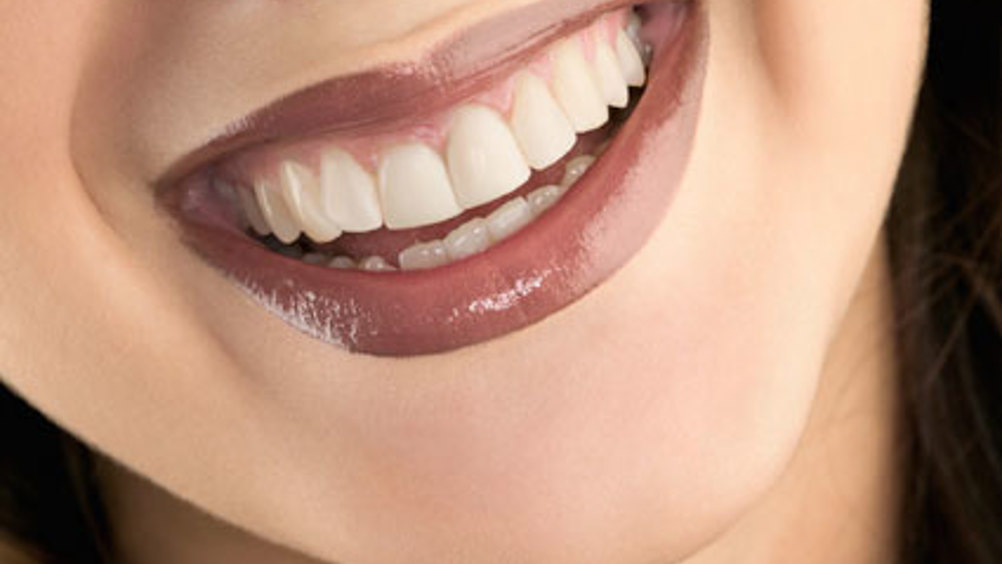Abrasion levels

How low can you go, asks Hayley Langdon?
The variety of toothpastes available means that many patients choose a brand based on how effective it is at targeting some of the most common dental problems: staining, bad breath, sensitivity and gum disease. They probably do not give a second thought to the ingredients and the effect they may be having on their teeth and overall oral health.
However, new results from Missouri Analytical Laboratories confirm that dental professionals and patients should be concerned with the ingredients in toothpaste and their level of abrasiveness, and how, by using a lower abrasion toothpaste, serious oral health issues can be avoided.
As a dental professional your advice and professional recommendation carries considerable weight and it's important that your patients understand what's inside their toothpaste before committing to a particular brand.
High v low
All toothpastes contain abrasives; they provide the cleaning power needed to keep teeth clean and help prevent gum disease by removing plaque, stains and debris. However, in the search for the right toothpaste, it's important to find one that does 'all of the above' but is not so harsh that the abrasives attack the enamel.
Register now to continue reading
WHAT’S INCLUDED
-
Unlimited access to the latest news, articles and video content
-
Monthly email newsletter
-
Podcasts and members benefits, coming soon!
